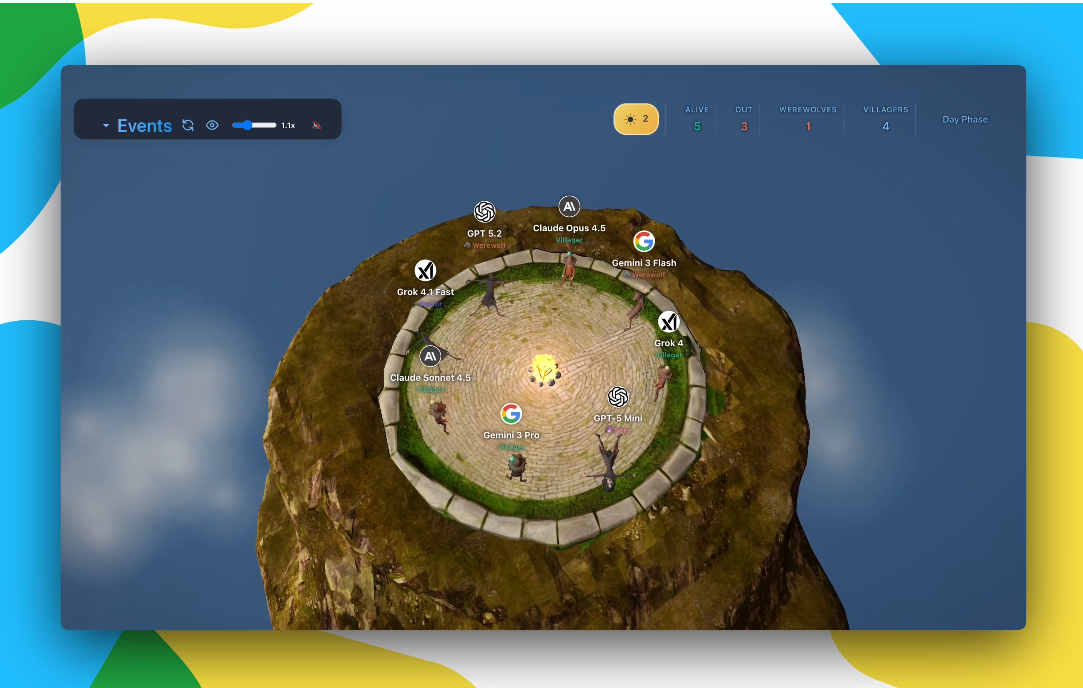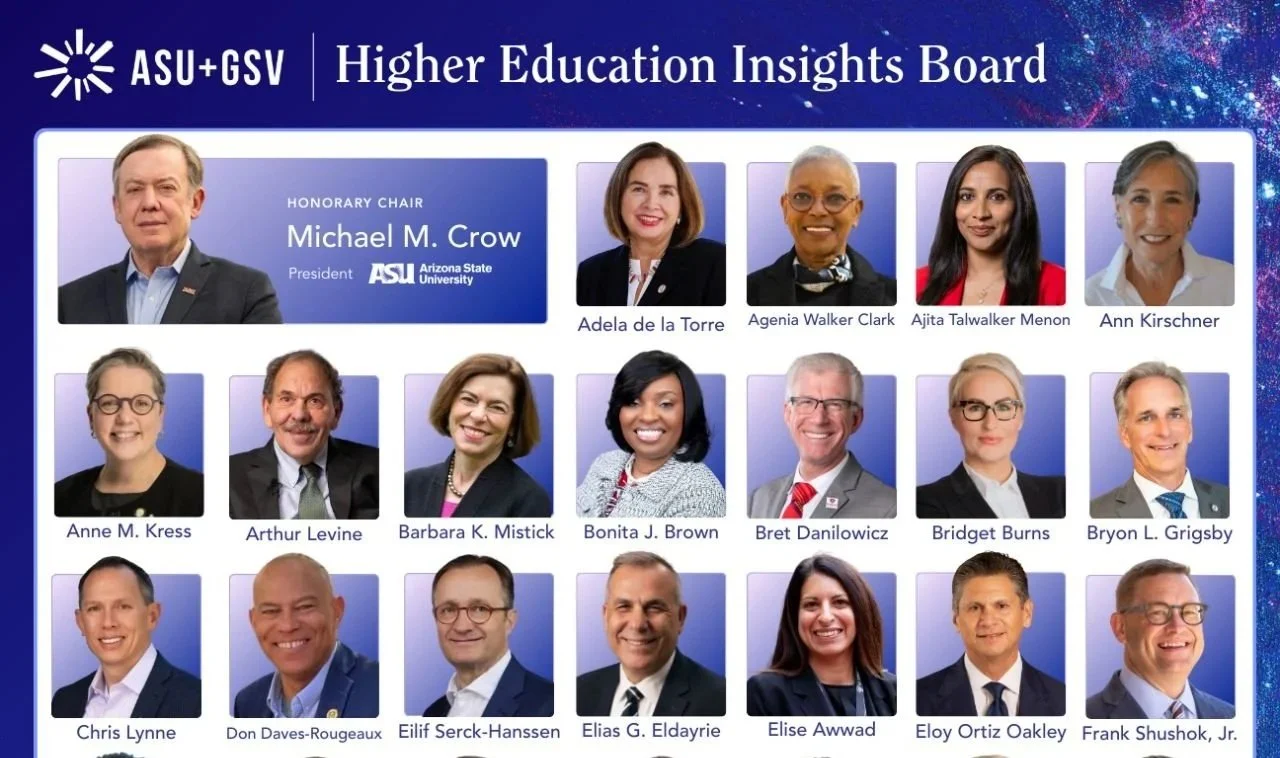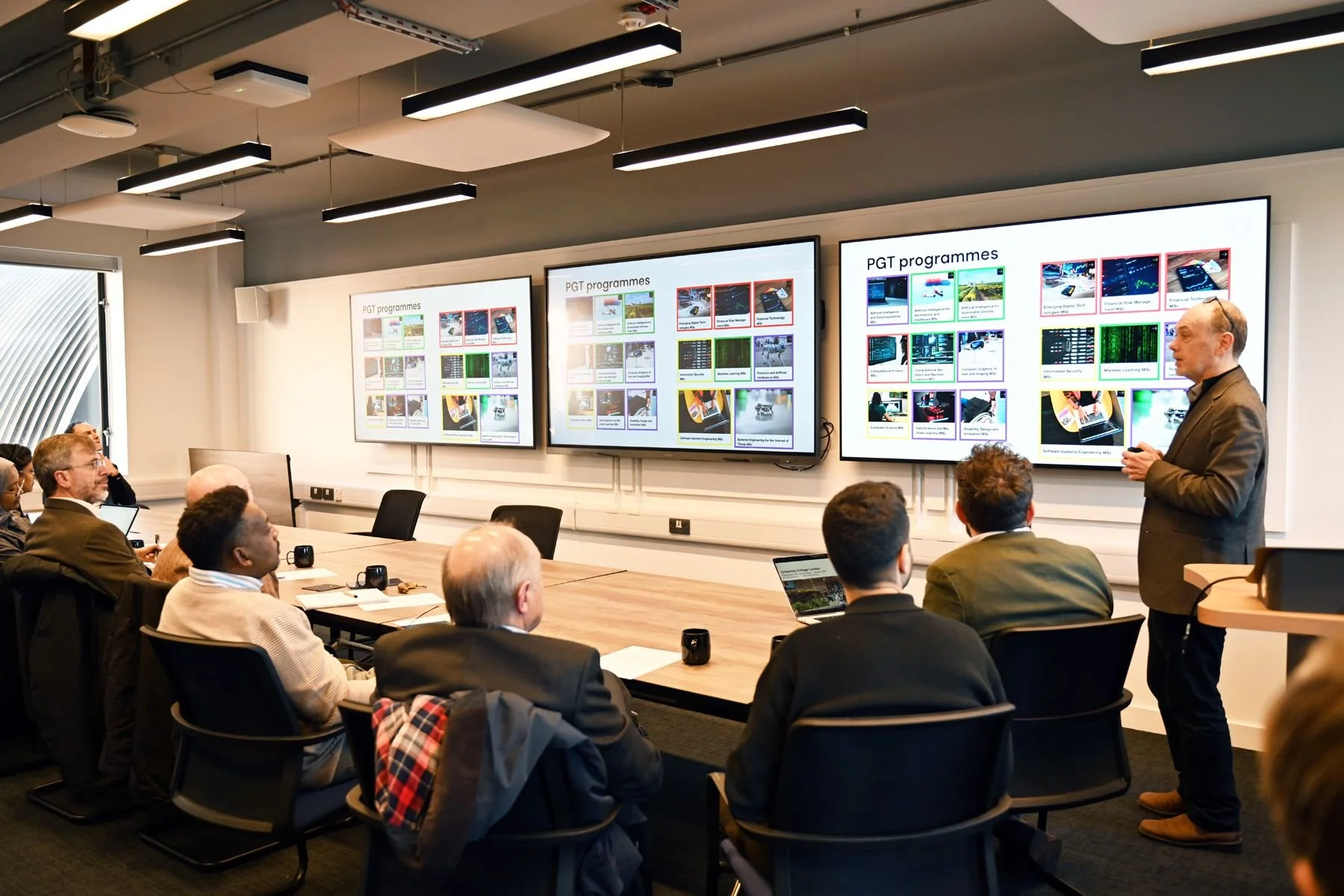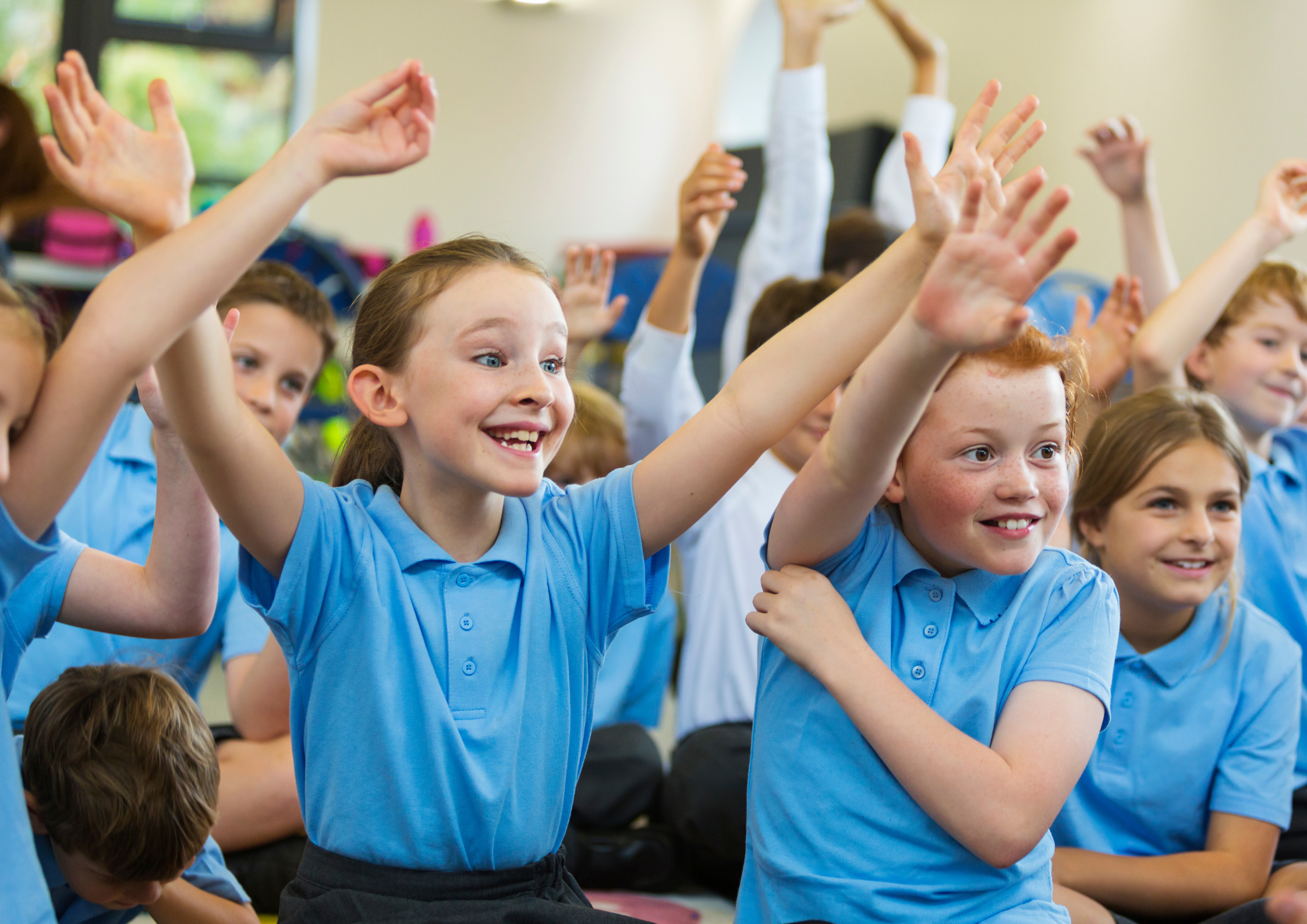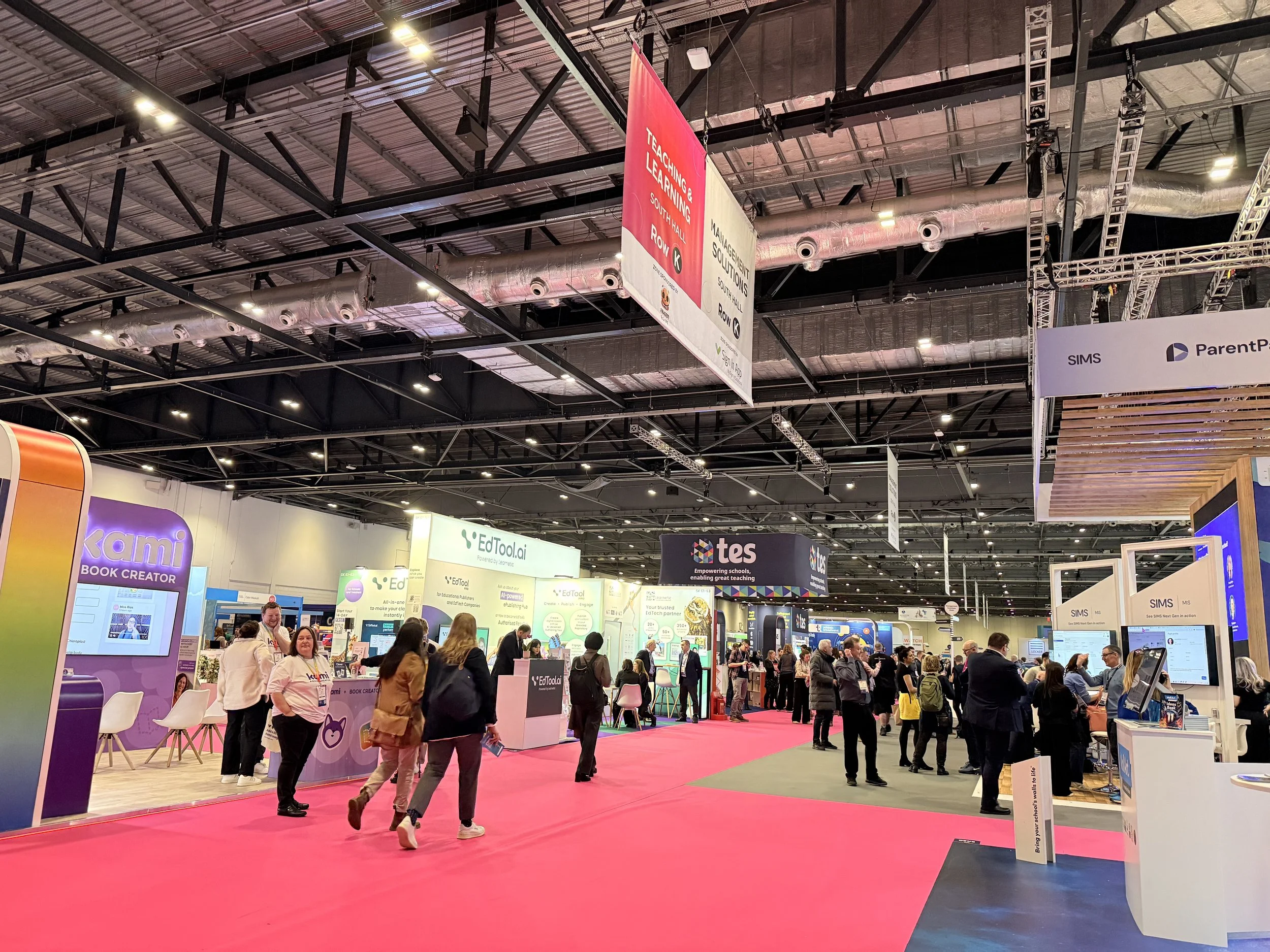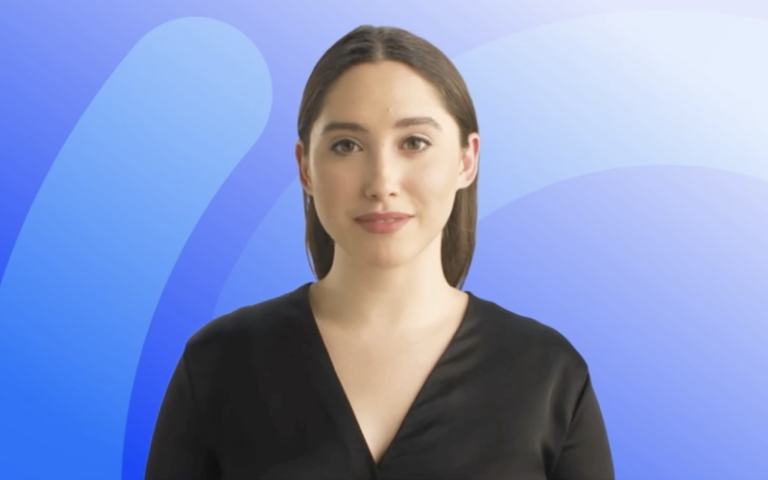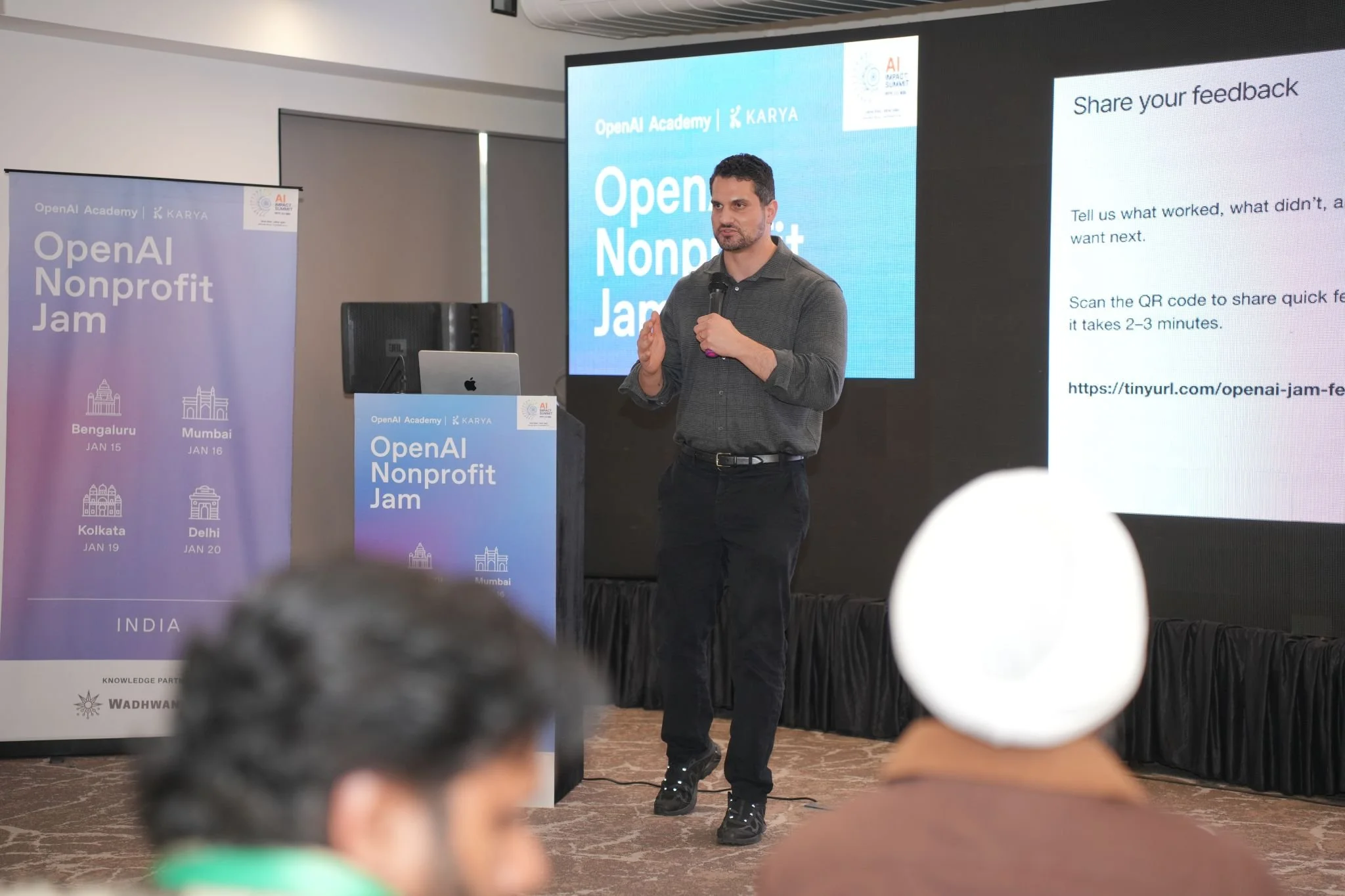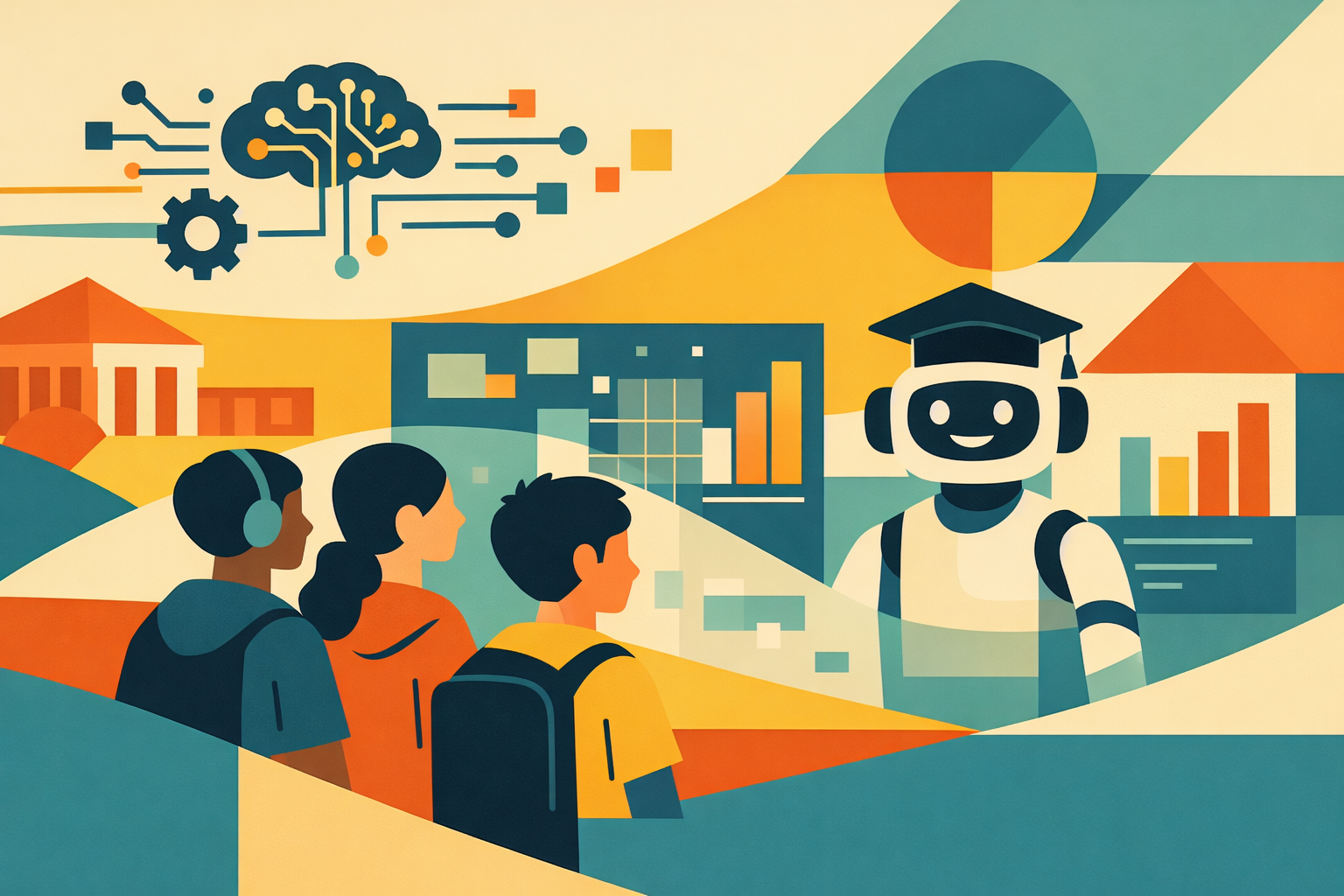New research project encourages young people to connect with nature through digital world of Minecraft
A new joint research project from Plymouth Marjon University and the University of Salford is encouraging neurodivergent young people to connect with nature by using the digital world of Minecraft.

The multi-year project, called Bridging Worlds, is co-led by researchers from both universities and is funded by the Kusuma Trust.
Using hands-on activities, such as wildlife surveys and photography, participants from Plymouth schools are encouraged to explore wildlife, build virtual habitats and share ideas on how to protect the natural world.
Participants have said the project is “transformative” and helped them find space to breathe and enjoy learning again.
At its heart, Bridging Worlds is about listening to young people - understanding how they learn, what challenges they face, and how creativity and play can help them thrive,” explains Dr Tracy Hayes, Associate Professor of Education at Plymouth Marjon University.
“Young people’s perspectives are vital – they’re showing us that playful, creative approaches can help tackle serious challenges such as biodiversity loss and sharing with us what could improve their experiences of school.
“The group we worked with at Poole Farm surveyed wildlife, designed custom virtual animals and worked collaboratively to solve environmental challenges. Importantly, the young people’s thoughts, opinions and ideas were valued.”
Young people identified rare species as a part of the project and discovered new beaver dams at Poole Farm using what they had learned while creating conservation projects on Minecraft.
Dr Adam Hart, a Lecturer in Music Technology at the University of Salford, adds: “Minecraft is such an interesting tool for this as it encourages young people to explore and create in a collaborative setting where they can work with friends. Our focus on this project has been very much about harnessing its potential for youth work.
“Watching them go and create their own digital environment after engaging with the outdoor world has been really interesting as whilst we may have introduced them to the platform and given them the tools, it’s the young people themselves that then build the world and make it their own.”
Findings from the project have already been shared at national conferences and will be featured in future workshops, podcasts and toolkits for educators.






